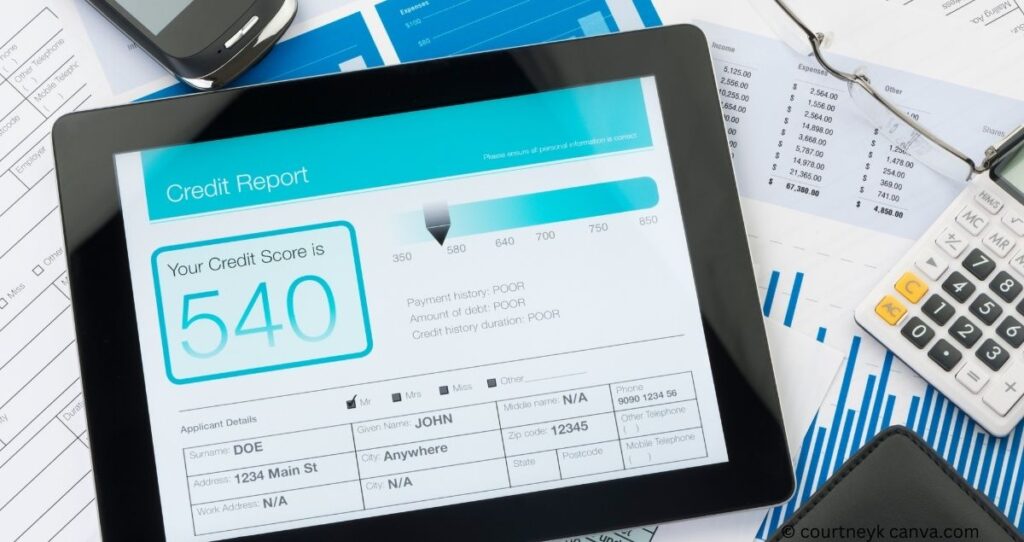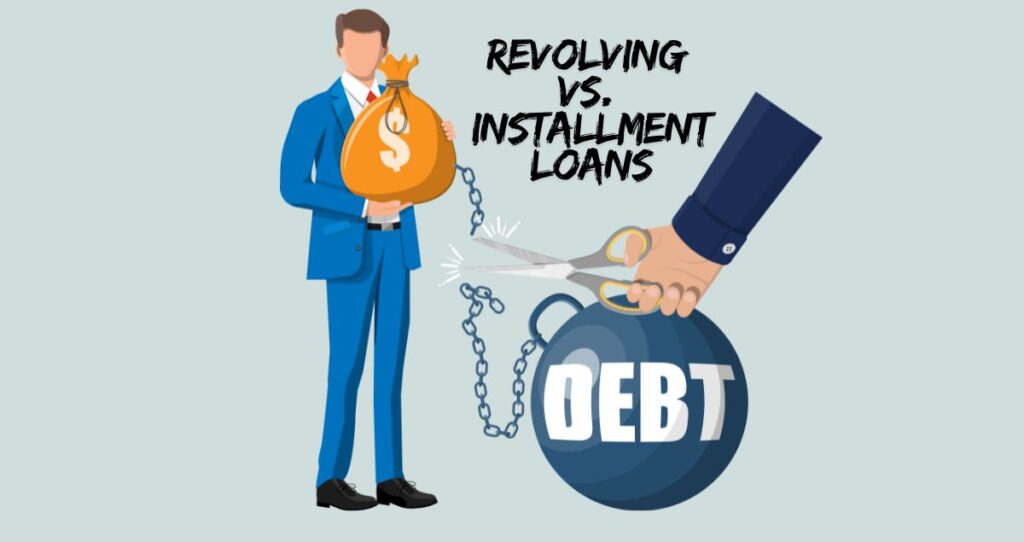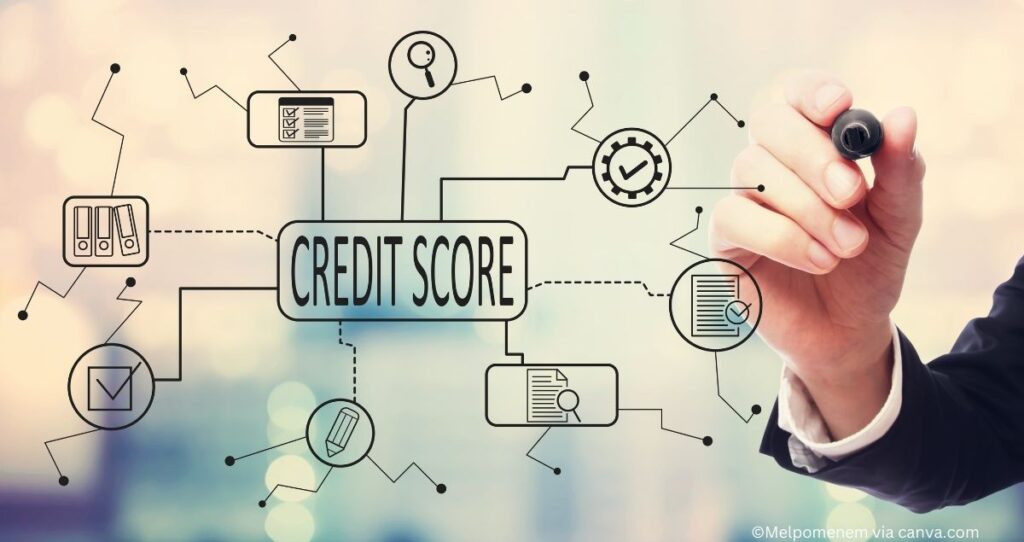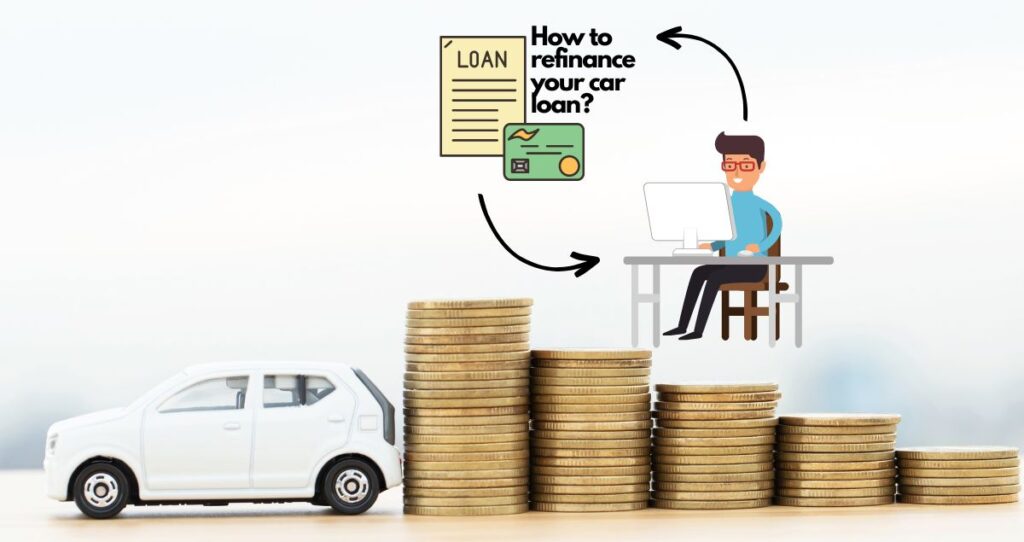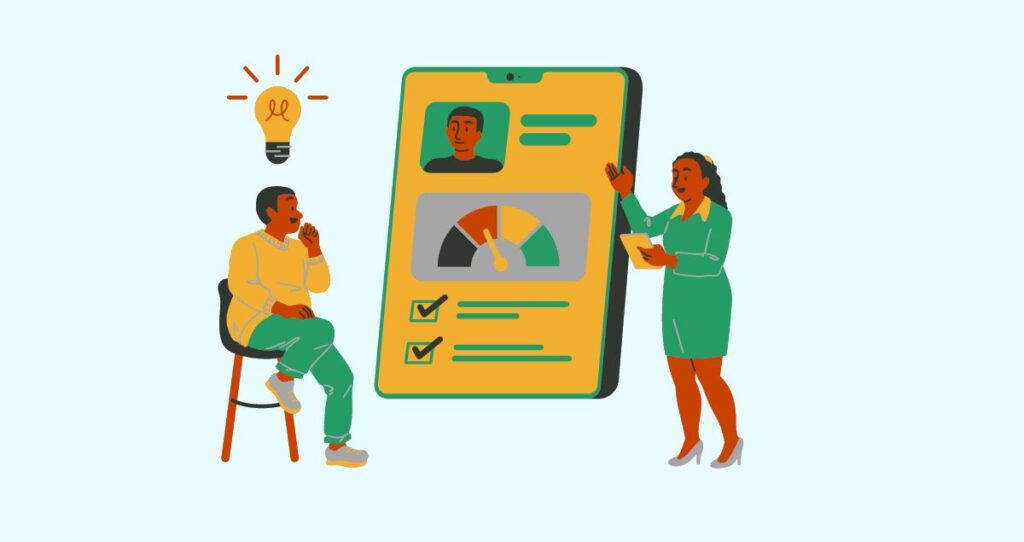Have you recently filed for bankruptcy and are looking for effective tips to rebuild credit after bankruptcy? Having bankruptcy on your credit report negatively impacts your credit score and it can take many years to repair your credit. This is because the bankruptcy will remain on your credit reports for up to 10 years and drop your credit score by up to 200 points. Generally, Chapters 7 and 11 remain on your credit report for up to 10 years while Chapter 13 stays on your credit report for 7 years.
Recovering from the impact of bankruptcy on your credit requires a credit repair strategy that focuses on short-term and long-term action items designed to boost your credit score and showcase a major change in your credit use and financial habits. These strategies involve simple credit repair tips such as monitoring your credit score, keeping your credit reports accurate and current, paying your bills on time, getting a credit repair loan, or simply becoming an authorized user of an excellent credit card account.
In this article, I will walk you through the 12 best ways to rebuild credit after bankruptcy and establish a healthy credit score.
Without further ado, here are 12 effective tips to repair your credit after filing for bankruptcy.
1. Keep your credit reports accurate
Since your credit score is calculated with information from your credit reports, keeping your reports accurate and current is critical to rebuilding credit after bankruptcy.
You can easily get free copies of your credit reports from each major credit reporting agency(Equifax, TransUnion, and Experian) from annualcreditreport.com. Each bureau is required to give you a free copy of your credit report once every 12 months.
Once you have a copy of your credit report, read it line by line to ensure all information is current and accurate. You should also contact your lender and credit bureaus if you notice errors, incomplete information, or fraudulent activities in your credit report. A great way to remove information from your credit reports is to submit a dispute form and a letter to credit reporting agencies and the lender that reported the information.
After the bankruptcy discharge, all affected accounts will be closed.
So, it is your responsibility to check your credit reports after bankruptcy discharge to ensure the accounts are closed as they can continue to affect your credit score if left open.
The sooner you can have your credit reports corrected, the faster you can rebuild your credit history after bankruptcy. Disputing information to lenders and credit bureaus is simple. To initiate a dispute, submit a dispute letter with all supporting documentation, and allow 30 days for the agency to reply. Here is a guide to disputing information in your credit reports to major credit bureaus and lenders.
2. Monitor your credit score
Another tip to rebuild credit after bankruptcy is to monitor your credit score. Checking your credit score regularly helps you track your progress and repair your credit. The credit score alone can help you capture major changes in your credit rating activities.
For example, if your credit score suddenly drops without a reason, it could indicate wrong information on your credit reports. You can check your VantageScore for free from Creditkarma.com. If you have a credit card, credit issuers might also give you a free credit score.
Here is a guide to checking your credit score for free online.
3. Open a new credit card account
Getting a new credit account is a great tip to rebuild your credit history after bankruptcy. I know this sounds like a bad idea since you just came out of bankruptcy on one of your loans.
To rebuild your credit after bankruptcy, you still have to have some form of active credit account on your credit reports. This is because activities on these accounts help you rebuild your credit. After your defaulted loan is closed, you might not have enough accounts on your credit reports to help build good credit fast. That is why getting another credit account could greatly speed up your credit score recovery.
Keep in mind that most lenders will reject your loan application due to bankruptcy on your credit reports. That being said, certain lenders may approve you for credit in return for a higher interest rate.
In case, no lender is willing to approve your credit account, consider a credit builder loan or secured credit cards. Being secured means you put down a deposit which serves as collateral and the lender approves you for a credit limit similar to your deposit.
Learn more: Best loans for building credit when you have bad credit or are new to credit
4. Pay required monthly payments on time
Paying your bills on time is the most important healthy habit you must adopt to recover and rebuild credit after bankruptcy. The impact of bankruptcy on your finances will be devastating. That does not mean you cannot recover from bankruptcy and repair your credit.
If you filed Chapter 13, the court will order you to make payments until the bankruptcy is discharged usually between 3 to 5 years. During this period, you must make these required payments to credit exactly as the court has ordered. Make sure all your payments are on time and complete.
Missing any of these payments can hurt your credit more. Even if you need to work two or three jobs to make your payments on time, please do so. This will help you rebuild your credit faster as on-time payments positively impact your credit. Never fall behind on your payments when rebuilding credit after bankruptcy.
You should also know that the first 24 months after bankruptcy are some of the most important months in your credit repair. Lenders usually want to see how you behaved within 2 years following your bankruptcy. If you keep the remaining accounts in good standing, it will have a positive impact on your credit score recovery.
A smart way to rebuild your credit after bankruptcy is to become an authorized user of an excellent credit card account. Gaining access to a credit card with a higher score directly benefits you because a good credit history on the card raises your credit score.
As an authorized user of a credit card account, you can use the card just like a regular credit card. However, the responsibility of making payments and maintaining the account falls into the hands of the account owner.
In other words, you are not responsible for making payments. You will, however, immediately jeopardize the owners of the account and your credit if you are making contributions and you miss one.
6. Get a retail credit account such as a gas station or a nearby grocery store credit card
It is true that after bankruptcy you will not easily qualify for credit. That does not mean you have zero chance of qualifying for credit. Some smaller companies are usually willing to give you a chance hoping to turn you into a long-term customer.
For example, local grocery stores and gas stations can easily approve your credit cards after bankruptcy. These cards will be essential in repairing your credit from bankruptcy. After making enough payments on these accounts and improving your credit score, you can apply for better credit cards and other types of loans you qualify for such as personal lines of credit, car loans, and personal loans.
Read more: How to get a personal loan in 8 steps
7. Use a cosigner to get a credit card account or a loan
If you can’t get approved for a loan after bankruptcy, using a cosigner might be the only way to get approved credit. A cosigner is a person with good credit who vouches on your behalf and takes full responsibility for the loan when you cannot pay back your loan.
If you have someone willing to be your cosigner, use them to help you qualify for the loan. Having a cosigner does not mean you are not responsible for the loan. Your cosigners’ and your credit scores will be impacted if you skip or miss a payment. As a person rebuilding credit after bankruptcy, you should avoid late payments.
8. Use the remaining accounts responsibly
Having a bankruptcy on your credit reports will decimate your credit. But, if you don’t use the remaining account responsibly, it will cause further damage to your credit score. That is why how you use remaining credit accounts right after bankruptcy makes all the difference.
A big mistake most people make is to violate the terms of remaining credit accounts due to a negative impact on their finances. Usually, people are broke after bankruptcy. So, they turn to their credit cards and max all accounts out, leading to 100% credit utilization and wrecking their credit score even further.
You must keep the remaining account in good standing to avoid further damage to your credit score. Besides maintaining on-time payments, maintain a low credit utilization, and avoid borrowing excessively. Yes, you can apply for one loan or a credit card. However, sending out too many loan applications will only cause more damage to your credit score due to hard inquiries on your credit reports.
You might also like: What is a soft inquiry on credit reports and how to remove them?
9. Work with a credit counseling agency
Recovering from bankruptcy might be very difficult especially when living paycheck to paycheck. Most people become stressed out and turn to alcohol and other life-threatening habits. Yes, bankruptcy is devastating. However, you can recover from it and rebuild your credit by surrounding yourself with good support and positive influence.
One of the most effective tips to repair credit after bankruptcy is to work with a credit counseling agency. The agency will help you plan how to navigate the post-bankruptcy situations, establish a good money management strategy, and give you practical tips and guides to rebuild your credit.
How fast you rebuild credit after bankruptcy depends on the kinds of financial and personal decisions you make. A credit counseling agency will help you navigate through this path.
10. Seek financial support
If you are out of money and cannot secure enough cash to make required payments, try getting financial support through different government organizations. Each state and city has agencies that work with people in need to help them recover from big financial setbacks such as bankruptcy. You can also apply for food assistance programs, Supplemental nutrition programs, EBT, Food stamps, etc. to help you get back on your feet.
Instead of living on the streets, get the support you need. Being broke after bankruptcy means you have nothing else to lose by asking for help. But, you have everything to gain.
You might also like: 7 important steps to get out of poverty
11. Get support from friends and family
If you cannot get financial support from the government, try asking your friends and family members to give you a hand. The support you get does not necessarily have to be financially related. But, every little bit helps.
For example, you can move in with your parents to save money on rent. Having extra cash saved will help you pay all your bills on time and avoid falling behind on your monthly payments which is essential in repairing credit fast.
12. Don’t give up
It usually takes many years to rebuild credit after bankruptcy. For example, bankruptcy stays on your credit reports for up to 10 years and can easily drop your credit score by up to 200 points. Regaining these points will take many years. Also, bankruptcy will continuously weigh down your credit score, although its impact will fade as you make on-time payments and carefully manage your credit accounts.
During this time, you might want to give up especially when you are not seeing a major change in your credit score. As long as you don’t give up and continue to use these tips to rebuild your credit after bankruptcy, you will eventually improve your credit score and qualify for better loans at competitive rates.
More helpful credit tips
What is a good age of credit history to qualify for loans
What is a good credit mix to increase credit score?
How does bankruptcy affect your credit?
What is the danger of getting a variable interest rate loan?
